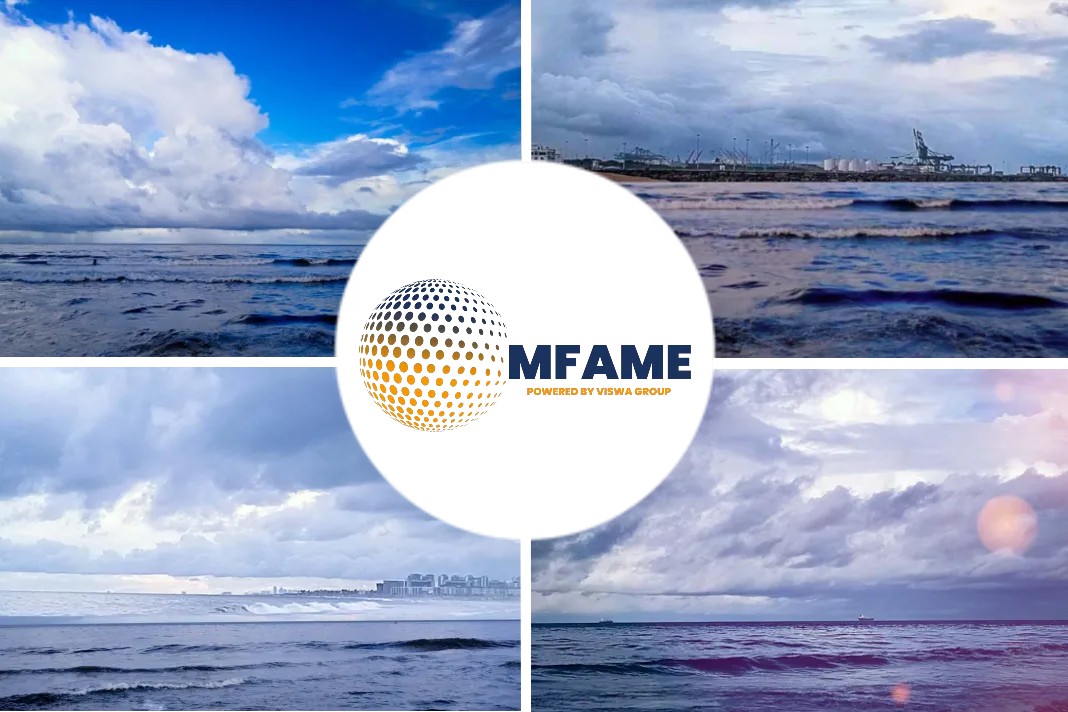
The group of moths formerly known as Asian Gypsy Moth or AGM will now be referred to by a new common name, Flighted Spongy Moth Complex. However, between May and October, the standards for each nation’s pre-departure inspection and certification before leaving ports in the Asia Pacific region mainly stay the same.
Why the name change?
Lymantria dispar will no longer be referred to by the disparaging term “gpsy moth,” according to an announcement made by the Entomological Society of America (ESA) in March 2022. As a result, the term “Asian Gypsy Moth” will no longer be used to refer to the group of moths. Instead, the term “Flighted Spongy Moth Complex” (FSMC) will be used (AGM). Please refer to a February 2023 joint bulletin published by the government of Canada for more information.
Each nation may need some time to change all of its websites, rules, paperwork, diplomas, educational materials, etc. to reflect the new common name. Because of this, all inspection certificates issued under either name during this transition period will still be regarded as valid if they were granted by a recognised certification organisation. To maintain consistency, take note that Gard is now referring to FSMC in all of our loss prevention and awareness content.
Prepare for the 2023 FSMC season
Authorities in the US and Canada claim that in recent years, extremely large numbers of moths have been found at many of the Asia Pacific’s regulated ports. Several ships carrying FSMC egg masses arrived in North American ports as a result of these population epidemics. Vessel operators should remind their Masters of the significance of landing in regulated countries free of FSMC and the requirement to present port officials with the necessary FSMC documents in order to prevent a similarly large number of vessels with egg masses coming in 2023. An excellent strategy to prevent delays and rerouting during subsequent port visits is to develop appropriate protocols for conducting systematic self-inspections onboard the vessel while it is en route.
In terms of FSMC regulations, the following should be noted for the 2023 FSMC season:
- Canada and the US issued this year’s Joint FSMC Industry Notice in February 2023. Beginning in 2022, the US and Canada implemented changes to their policies on FSMC-regulated areas, which means that the specified risk period, i.e. the time period during which FSMC certification is required, for vessels that have called on certain ports in Japan and Russia has been increased/lengthened.
- Chile defines regulated ports in the Asia Pacific as all ports located between 20°and 60° N latitude. As a result, Chilean authorities may target vessels that have called at South Chinese ports that are currently not regulated by the US, Canada, and New Zealand.
- Argentina’s FSMC regulations entered into force in April 2021, but its policy on FSMC-regulated areas was amended ahead of the 2023 flight season. Hence, beginning in 2023, the specified risk period for vessels that have called on certain ports in Japan and Russia has been increased/lengthened and is now in line with that of the US and Canada. It is also worth noting that Argentina, like Chile, defines regulated ports in the Asia Pacific as all ports located between 20°and 60° N latitude.
- Australia announced in December 2022 that its annual heightened vessel surveillance window for managing the risks posed by FSMC on vessels began on 1 January 2023. The Australian authorities continue to target only vessels that have visited a port in East Russia between 40ºN, 60ºN and west of 147ºE, anytime between 1 July and 30 September in the previous two calendar years.
- New Zealand’s specified risk periods in regulated ports in the Asia Pacific no longer mirror those of the US and Canada and only vessels that in the past 12 months were in one of these regulated ports during the risk periods are required to present a valid pre-departure certificate.
Did you subscribe to our newsletter?
It’s free! Click here to subscribe!
Source: Gard
















